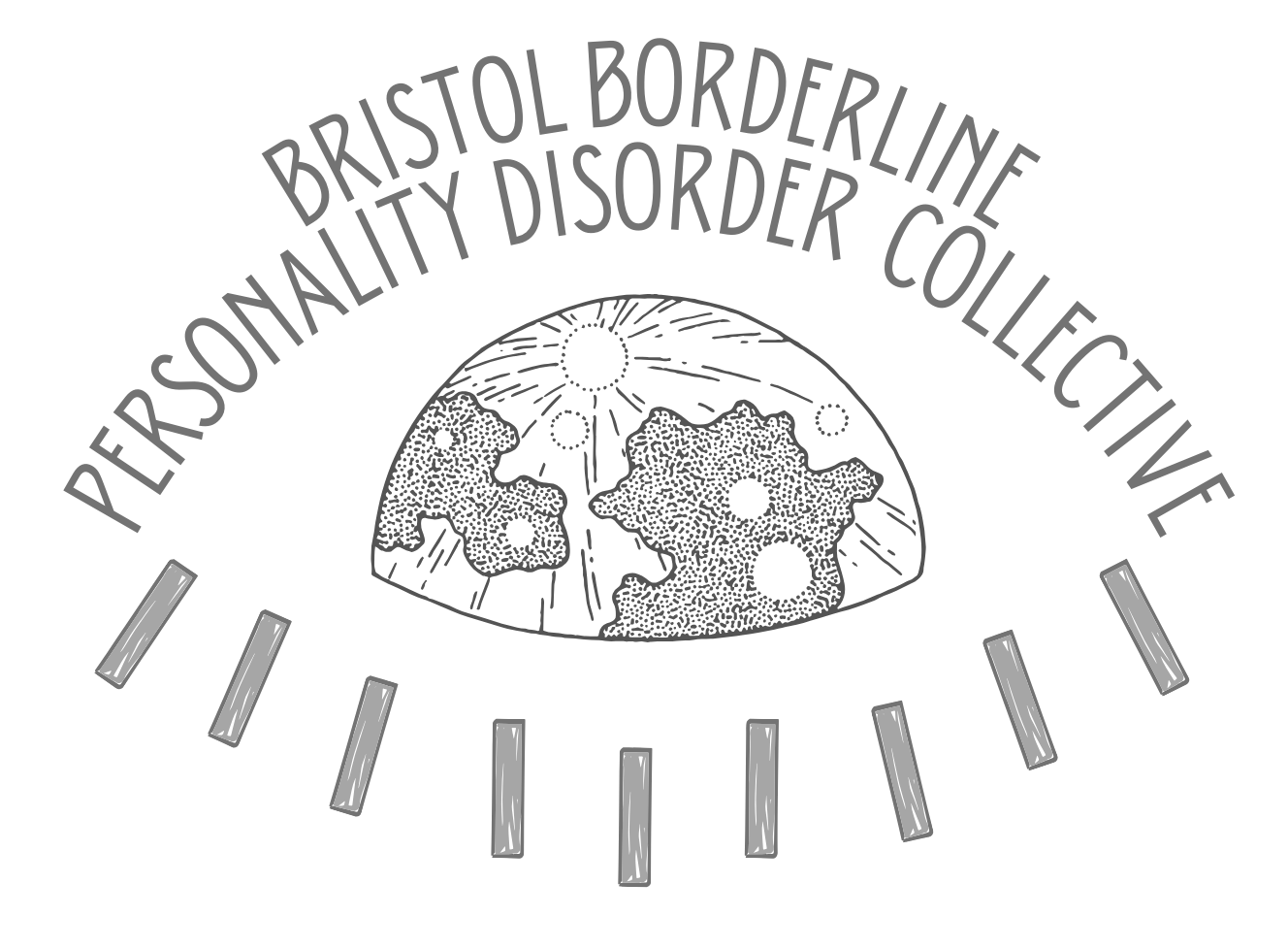What is Borderline Personality Disorder?
Borderline Personality Disorder (BPD), also known as Emotionally Unstable Personality Disorder (EUPD), is a serious mental illness marked by unstable moods, behaviour, and relationships. People with BPD have difficulty regulating their emotions and controlling their impulses. It is unfortunately one of the most stigmatised and misunderstood mental health conditions; even within the mental health sector, there are professionals who refuse to treat those with BPD. This can leave folks living with BPD and their loved ones feeling unsupported, isolated and lonely.
In the British population it’s estimated that between 0.7 and 2% experience BPD, as many as 80% of people with BPD have suicidal behaviours
...and one in ten people with Borderline Personality Disorder will die by suicide. Read that again.
Peer support for those living with BPD is thin on the ground - locally, nationally and internationally. The Bristol BPD Collective recognises the importance of community, shared experience and hope in recovery, and aims to encourage that through a weekly face-to-face peer support group.
You are not alone. Everybody deserves to build themselves a life worth living.
What are the symptoms of BPD?
There are nine symptoms of BPD, and five of these are required for a diagnosis. Whether you experience any or all of these symptoms, you are welcome at the BPD Collective - no diagnosis required
Frantic efforts to avoid real or imagined abandonment
A pattern of unstable and intense interpersonal relationships characterized by alternating between extremes of idealization and devaluation
Identity disturbance: unstable self-image or sense of self
Impulsivity in at least two areas that are potentially self-damaging (e.g., spending, sex, substance abuse, reckless driving, binge eating).
Recurrent suicidal behaviour, gestures or threats; or self-injurious behaviour
Difficulty regulating mood (e.g. depression, irritability usually lasting a few hours and only rarely more than a few days)
Chronic feelings of emptiness
Inappropriate, intense anger or difficulty controlling anger
Paranoid thoughts or a feeling of being disconnected from your body or surrounding (dissasociation)


